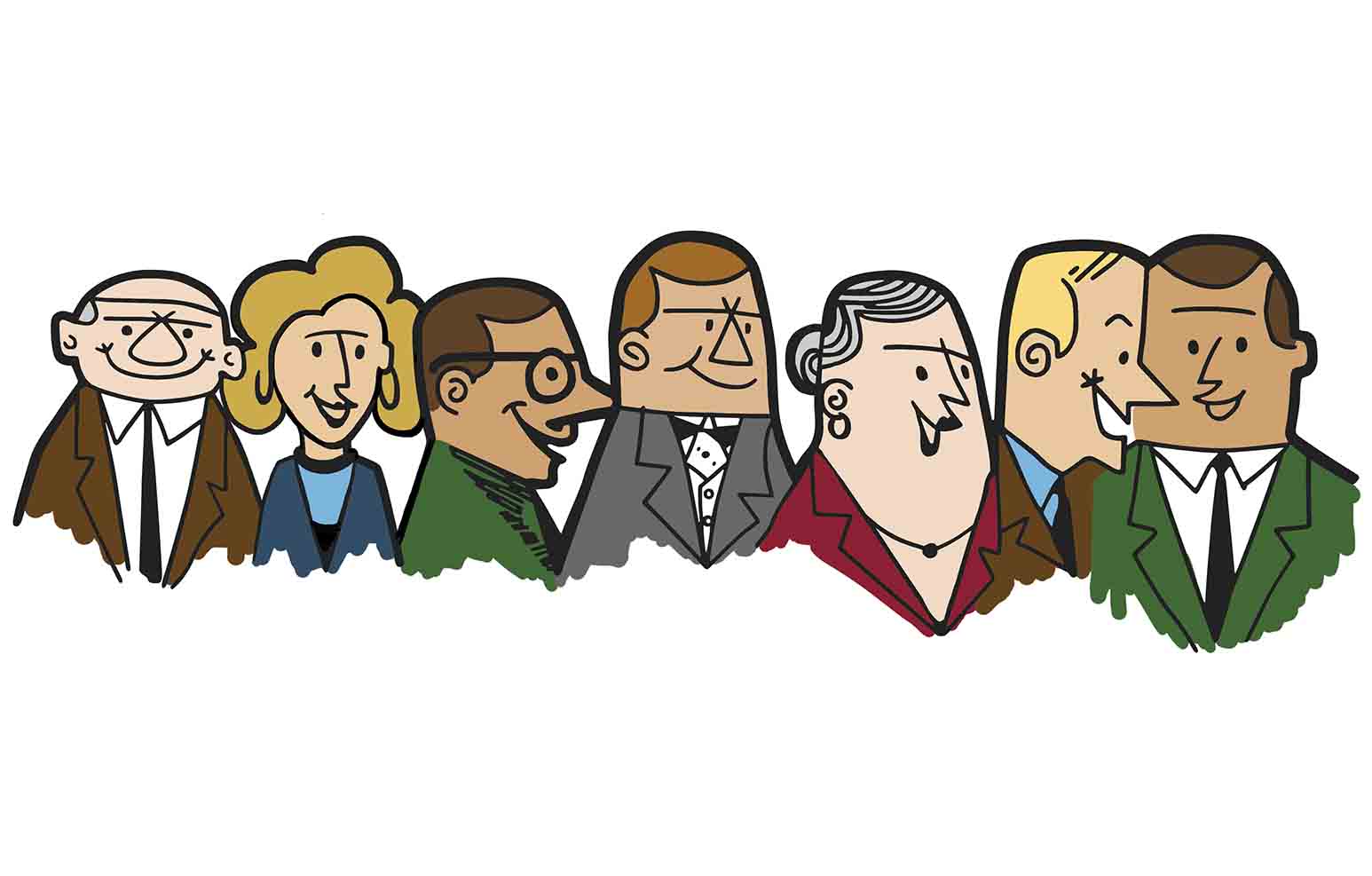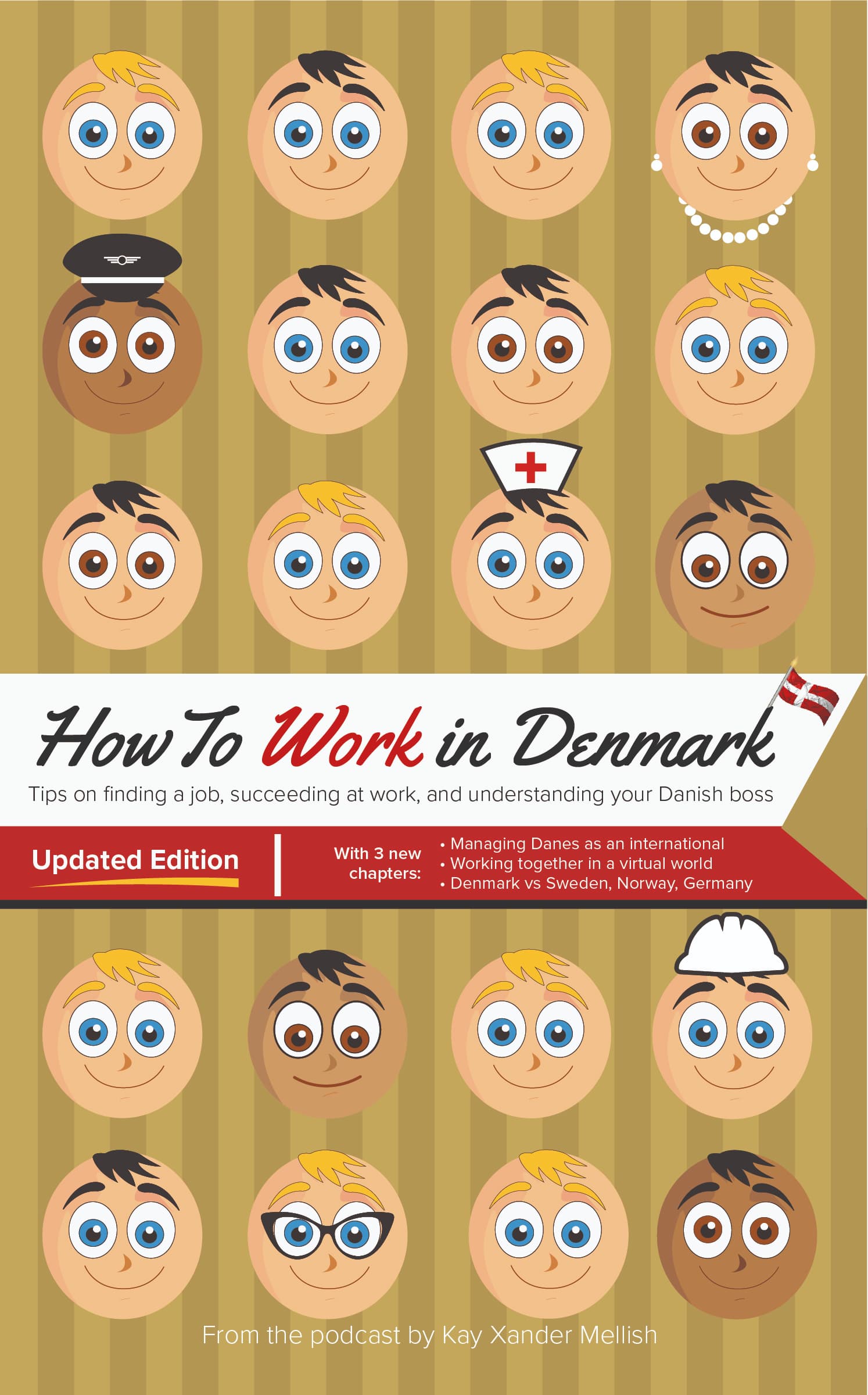Denmark’s work culture
What the ‘flat hierarchy’ means in practice
He was one of Denmark’s most powerful men, the head of one of its most admired companies, taking some of his valuable time to visit its US operations.
Meeting some of the American employees at “eye level” was part of his plan for the day. So at lunch hour, he stood in the company cafeteria, waiting for team members to approach him with ideas and feedback.
But nobody did. And as this powerful man stood and waited as employees walked by with their trays of food, it all became rather embarrassing.
The US employees, while happy to see him, wondered what in the world he was doing there. Didn’t he have something more important to do?
And if they were to speak to him directly, what would they say?
Danish work culture prizes direct access to the boss
Certainly nothing about work-related matters. The American employees knew that their direct supervisors wouldn’t be pleased if they went above their heads to the top boss.
And certainly nothing about the company’s strategy or stock price. Americans generally expect less transparency than their Danish counterparts – for legal reasons, information is dispensed on a need-to-know basis – so it seemed doubtful the big boss would disclose anything they hadn’t already seen on the company intranet.
Besides, what if when chatting with this very senior executive, they somehow said the wrong thing? Would they suddenly find themselves unemployed?
Better to smile and nod and keep walking.
They didn’t realize that Denmark’s work culture prizes direct access to the top boss, who is open for feedback and even disagreement.
Danes take their concerns to the top boss
Meanwhile, the head of a large US-based company’s Denmark office was having the opposite experience with his local Danish employees.
“Whenever they have an idea, they come straight to me,” he complained. “I tell them, you’ve got a direct supervisor. Talk to that person. I can’t keep track of input from almost 200 people.”
It is a quirk of Denmark’s work culture – which emphasizes a flat hierarchy – that many Danes enjoy taking their concerns directly to the top boss.
“On any occasion, including the Christmas party, they’ll come up to you and tell you how they think you should run the department,” one British manager working in Denmark told me.
“Where I come from, there is more hierarchy, and you would never speak to your boss’s boss. But they will in Denmark.”
Jumping over hierarchy is not appreciated outside Denmark’s workplace culture
Americans are also much more conscious of hierarchy and sometimes a little insecure about their place in it.
Team members from Denmark, accustomed to Danish work culture, quickly discover that jumping over a direct supervisor or two to speak to someone in power is not well received well by their American counterparts.
Meanwhile, one American told me he found it surprising when he joined a US-based Danish company and began getting questions from all over the organization.
“This was a little weird for me,” he said, “because I wasn’t used to being approached from outside the hierarchy.”
“I also wasn’t prepared for the absolute number of questions. Danes ask so many questions!”
Denmark’s tax structure and the flat hierarchy
Denmark’s tax burden is one of the highest in the world, which helps enforce the flat hierarchy by making sure that much of what high-earners collect goes directly to the state.
How high are the taxes if you work in Denmark? They’ll almost certainly be higher than whatever you pay now, although you’ll have the comfort of knowing that the money is mostly used responsibly on projects that benefit the populace. Denmark is a low-corruption society, although it is certainly not a no-corruption society.
Because of Denmark’s ambitious tax structure, stay-at-home parents are unusual in Denmark, even among high-income families. If one parent is a high earner, so much of his or her salary is likely to go to the government that the other parent may feel the need to bring home income as well.
Anyway, children generally begin attending government-sponsored day care at around age 1. Keeping your child out of public day care after age 3 or so is considered poor parenting. Some wealthy families have “au pairs” to pick up children after school and prepare snacks, but full-time nannies are rarely seen in Denmark.
Interested in Danish work culture? Consider a cultural trainer
If you feel you need more clarification on Denmark’s work culture, consider hiring a cultural trainer. A good cultural trainer can tailor an in-person or virtual presentation to your team and its plans for doing business in Denmark or with Danes.
Hiring a skilled cultural trainer for just a single workshop can help you avoid embarrassing and expensive business mistakes that can hold back your project and result in you losing money.
Most companies wait until they run into conflicts before hiring a cultural trainer, and then wish they’d done it sooner.












